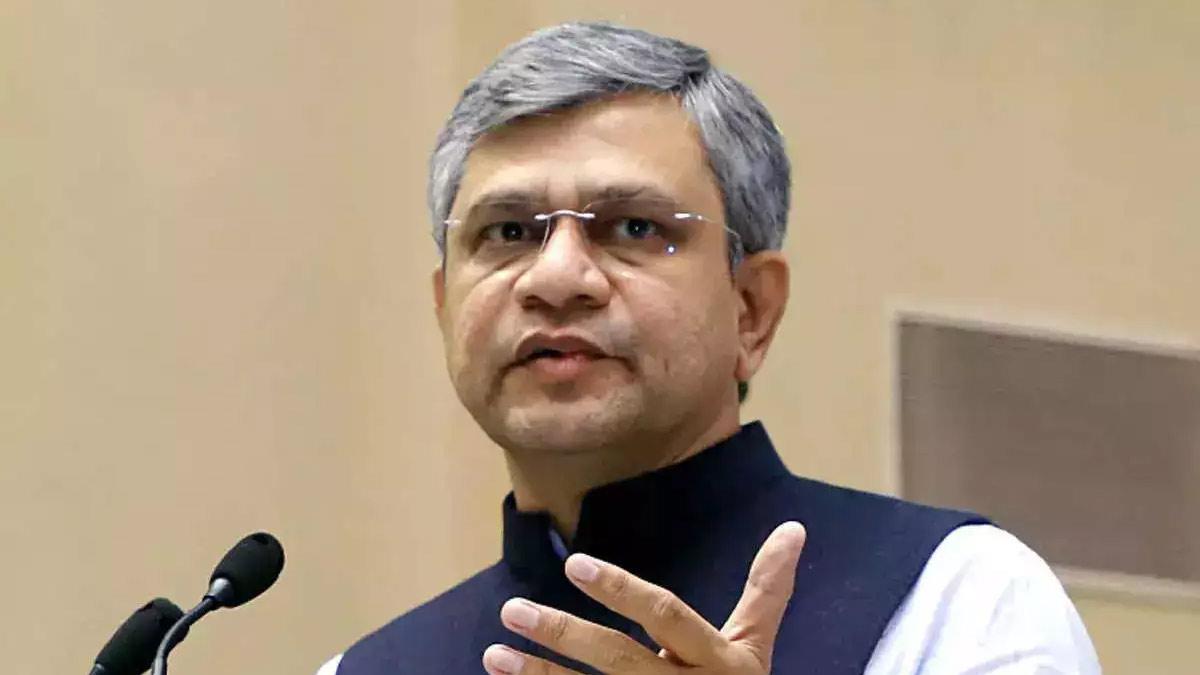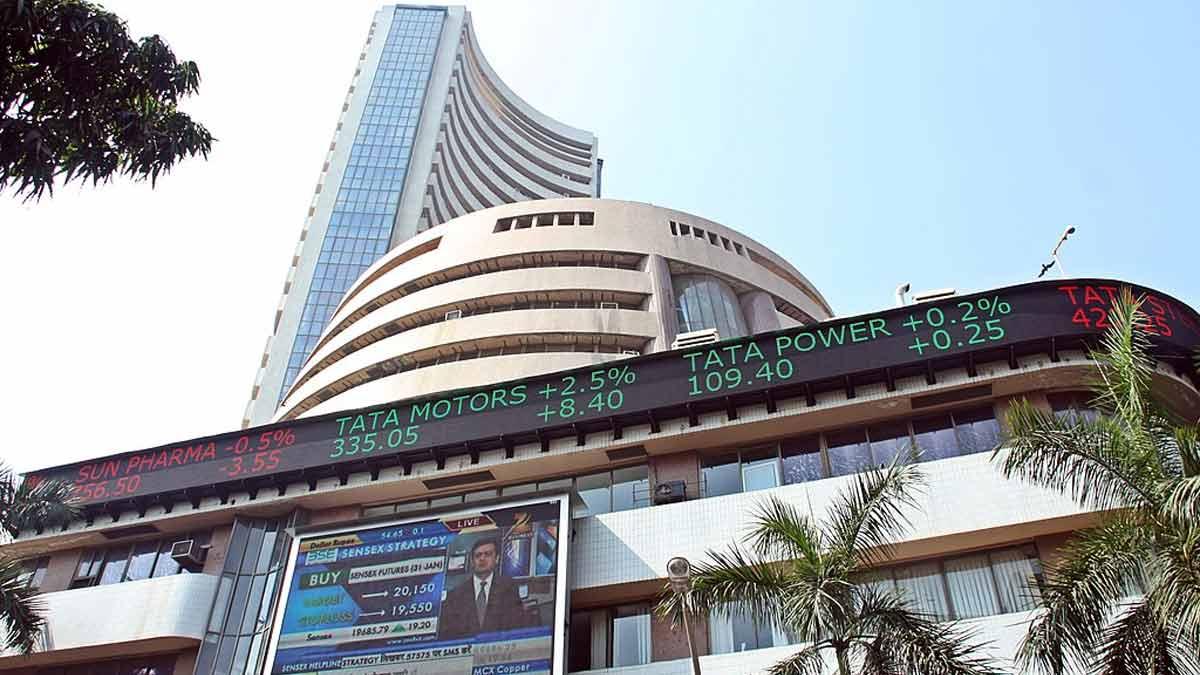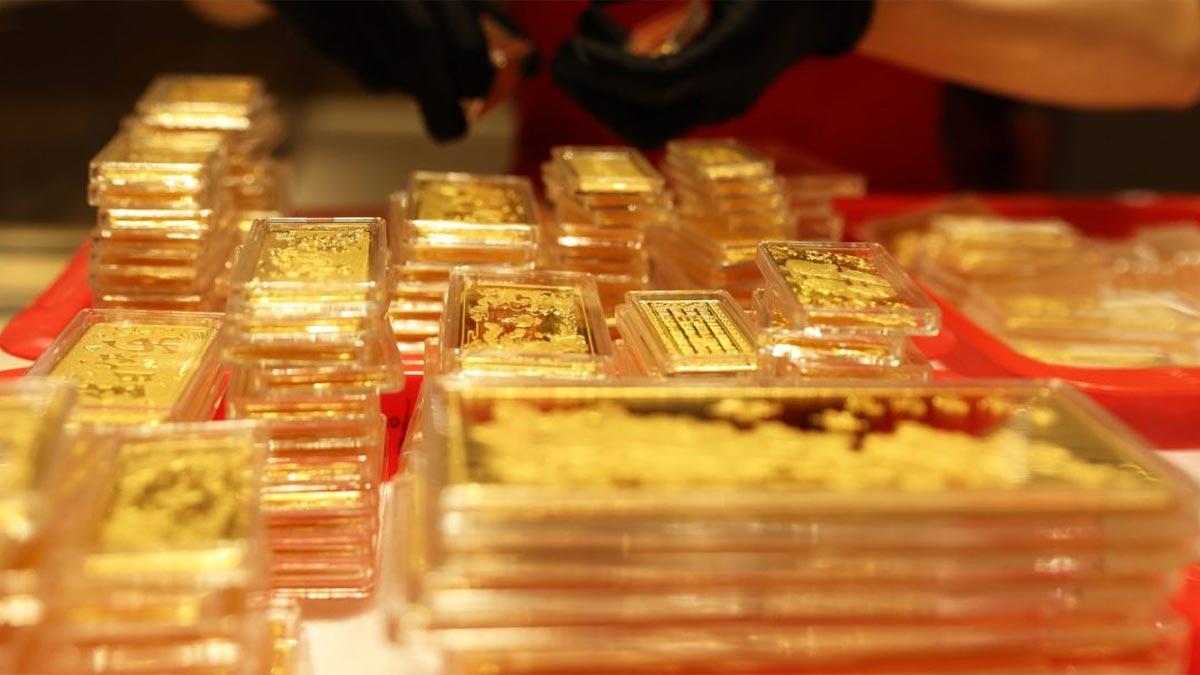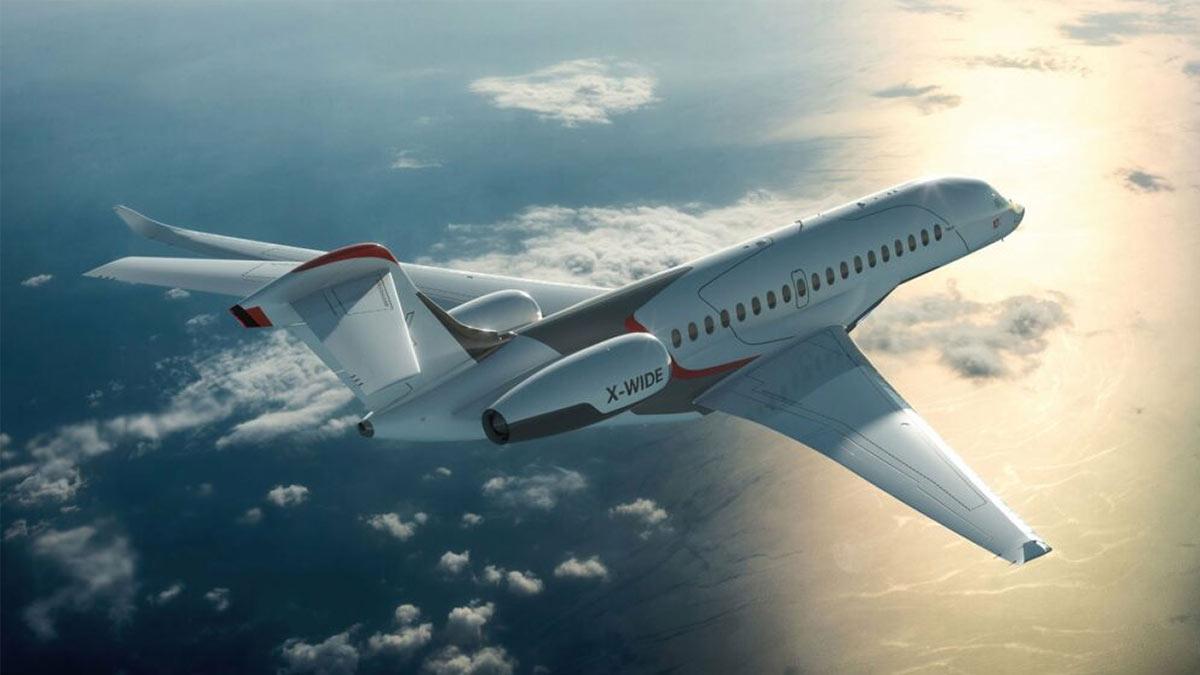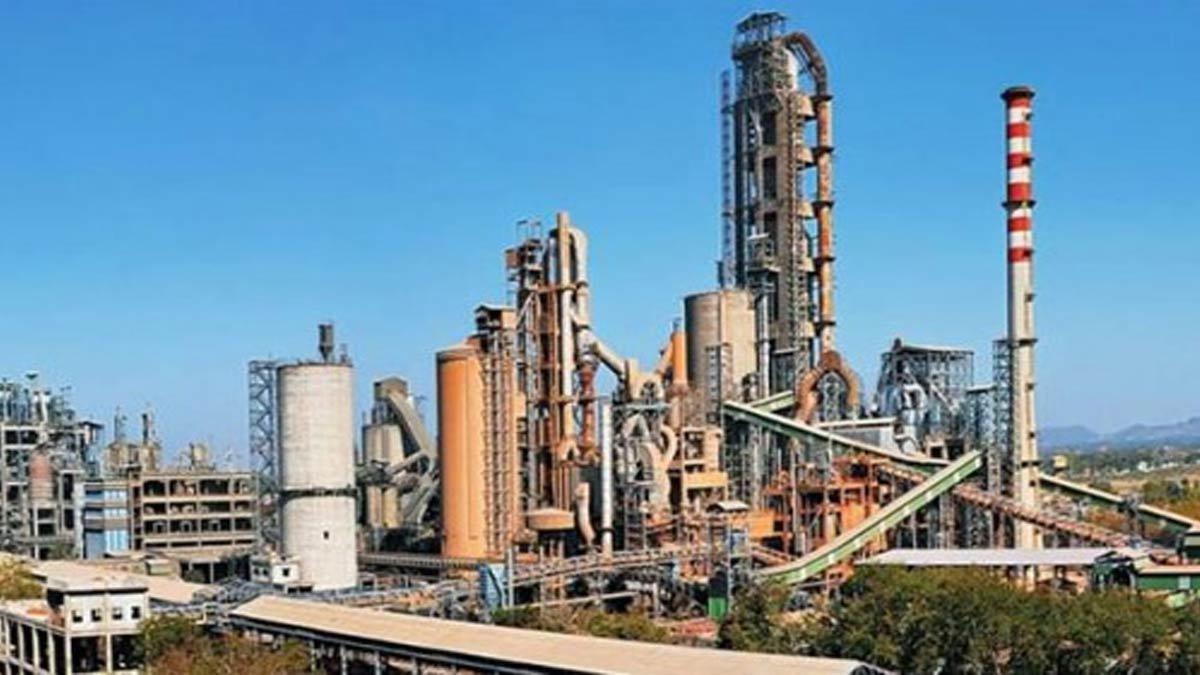India's growing presence in the global railway industry was highlighted by Union Railways Minister Ashwini Vaishnaw, who announced that India-made metro coaches are now being exported to Australia, while bogies are being sent to the UK, France, Australia, and Saudi Arabia. This reflects the expanding reach of the country’s rail sector, which is steadily gaining international recognition.
Speaking in the Rajya Sabha on Monday, Vaishnaw detailed the export of various rail components, including propulsion systems and bogies, to multiple European nations such as France, Spain, Germany, and Italy.
He said, “Today, from our country, metro coaches are being exported to Australia. The mechanical structure below the locomotive and coaches, known as the bogie or underframe, is being exported to the United Kingdom, Saudi Arabia, France, and Australia. Along with this, the propulsion system, an important component of power electronics, is now being exported to France, Mexico, Romania, Spain, Germany, and Italy. It is a matter of great pride.”
The minister also mentioned that India is exporting ‘Made in India’ locomotives and passenger coaches to countries such as Mozambique, Bangladesh, and Sri Lanka. He added that the Marhowra Factory in Bihar is poised to export over 100 locomotives in the near future, along with forged wheels being sent from Tamil Nadu.
Vaishnaw emphasized that the Marhowra Factory, which was initially announced by Lalu Prasad during his tenure as railway minister, gained significant momentum after Prime Minister Narendra Modi took office in 2014.
Indian Railways, according to Vaishnaw, is not only providing affordable and quality services to passengers but is also establishing a strong global identity.
He pointed out that Indian Railways provides significant subsidies to passengers, with the actual cost of travel per kilometer being Rs 1.38, while passengers are only charged 73 paise, representing a 47% subsidy.
The minister also highlighted the improved safety of Indian Railways, noting the significant reduction in accidents, making the national transporter much safer than before.
Read also| India's Trade Deficit Shrinks to Three-Year Low of $14.05 Billion in February

